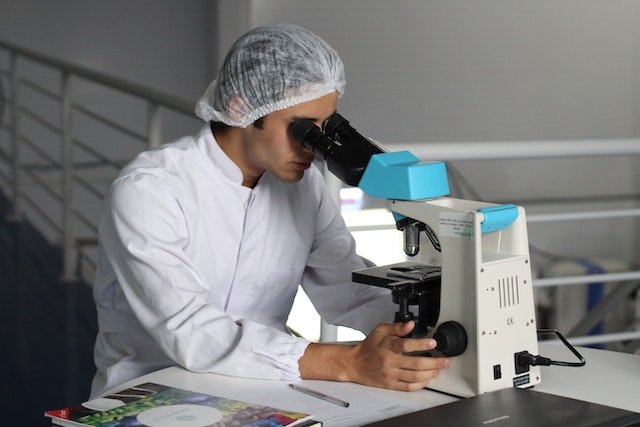
In a new study, researchers found a group of immune cells called innate lymphoid cells (ILCs) may help treat pancreatic cancer.
These cells are present in many different tissues and appear to have mild anti-tumor effects in their normal resting state.
Activating ILCs with drugs could mobilize T cells to shrink pancreatic cancer tumors.
The research was conducted by a team at Memorial Sloan Kettering Cancer Center.
Immunotherapy is showing great promise for treating cancer.
But so far, this approach has been effective in only about 20% of all cancers.
To advance those results, researchers are looking for new ways to mobilize the immune system to destroy tumors.
Most immunotherapy drugs act on one type of immune cells called T cells.
Drugs called checkpoint inhibitors “release the brakes” on these cells, spurring them to mount an attack against a tumor.
Previous research has shown that checkpoint inhibitors seem to work best in people whose tumors have been invaded by T cells—sensing some kind of threat from cancer—before the treatment is started.
The problem is that most tumors don’t have many T cells in them.
In order to design immunotherapy that works on more people, researchers have been looking for additional immune cell types to rally against cancer.
ILCs are part of the body’s innate immune system where immune cells are programmed to put up an initial defense against infections and other threats, and further, amplify the immune response by activating T cells.
In the study, the team examined if—and how—these cells played a role in the body’s response to cancer.
They looked in human pancreatic tumors to see if ILCs were present. They saw that a subtype of these cells called ILC2s were present in larger numbers in tumors compared with normal organs, suggesting they were responding to the tumors.
The researchers also found that pancreatic cancer patients with more ILC2s in their tumors lived longer, suggesting ILC2s possibly had an anticancer function.
The team then tested if ILC2s could help control tumors in mice. They found removing ILC2s caused pancreatic tumors to grow faster.
Moreover, activating the ILC2s could cause T cells to expand, which in turn caused tumors to shrink.
The team is currently working on developing a drug that can activate ILC2s in humans as the next step.
The lead author of the study is Vinod Balachandran, a surgeon-scientist affiliated with the David M. Rubenstein Center for Pancreatic Cancer Research.
The study is published in Nature.
Copyright © 2020 Knowridge Science Report. All rights reserved.



